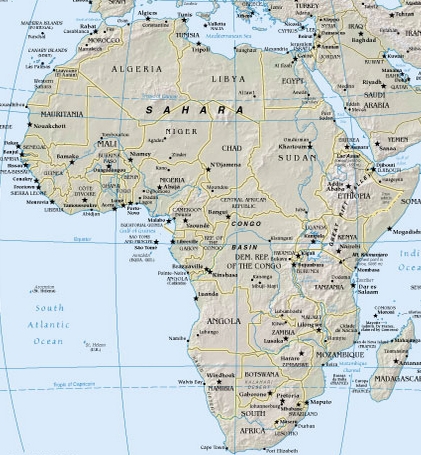The first EU-African summit in seven years has come and gone in Lisbon, Portugal. The meeting -- held on Dec. 8-9 -- brought together the leaders of all the member states of the European Union and African Union, except for a few, such as U.K. Prime Minister Gordon Brown, who stayed away to protest Zimbabwean President Robert Mugabe's attendance. Western newspapers devoted minimal attention to the meeting, and, in the eyes of their reporters, the meeting was hijacked by strife over Zimbabwe and trade. Though the summit produced endless speeches, statements, and action plans, but no concrete action, it was still an important event. Underneath the layers of diplo-speak were signs that -- at a rhetorical level at least -- European leaders are starting to view African countries as serious partners in tackling global issues, rather than as exotic basketcases desperate for Western aid. From Aid to Partnerships The summit's Lisbon Declaration claimed its purpose was to launch a "strategic political partnership" between Europe and Africa in order to overcome the "the traditional donor-recipient relationship." In his speech, the European Commission President Jose Manuel Barroso said that the summit was "not about what Europe can do for Africa or vice-versa, but about what we can do together." The opening pages of the joint Africa-EU strategy, finalized at the meeting, talk about the interdependence of Europe and Africa, the recent improvements in democratization, reform, and integration on both continents, and the importance of building a stronger partnership to pursue shared values and interests.
It’s Time to Take a New Look at Africa

